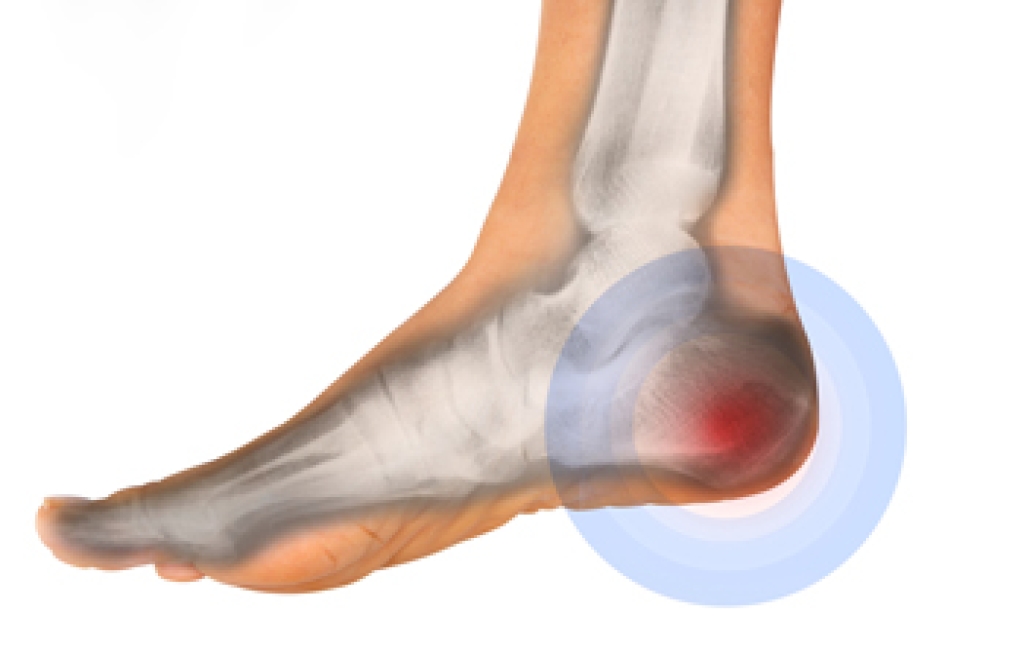
A bruised heel bone can occur suddenly due to a fall, jumping, or stepping on a sharp object. This type of injury also can develop gradually from repeated impact on hard surfaces or stiff shoes. Risk factors for a bruised heel include advancing age, obesity, and endurance running. A history of cortisone shots, conditions like diabetes or rheumatoid arthritis, and previous heel injuries or surgery are other possibilities. Healing time for a bruised heel bone depends on the severity of the injury and level of activity. If the injury is sudden and severe or if pain persists, it is important to consult a podiatrist, as they may recommend imaging to rule out fractures or soft tissue damage. This type of doctor can prescribe custom orthotics or, in some cases, surgery. If you have symptoms of a bruised heel bone, it is suggested that you schedule an appointment with a podiatrist for appropriate treatment options.
Many people suffer from bouts of heel pain. For more information, contact Kent DiNucci, DPM of Ankle and Foot Clinic . Our doctor can provide the care you need to keep you pain-free and on your feet.
Causes of Heel Pain
Heel pain is often associated with plantar fasciitis. The plantar fascia is a band of tissues that extends along the bottom of the foot. A rip or tear in this ligament can cause inflammation of the tissue.
Achilles tendonitis is another cause of heel pain. Inflammation of the Achilles tendon will cause pain from fractures and muscle tearing. Lack of flexibility is also another symptom.
Heel spurs are another cause of pain. When the tissues of the plantar fascia undergo a great deal of stress, it can lead to ligament separation from the heel bone, causing heel spurs.
Why Might Heel Pain Occur?
- Wearing ill-fitting shoes
- Wearing non-supportive shoes
- Weight change
- Excessive running
Treatments
Heel pain should be treated as soon as possible for immediate results. Keeping your feet in a stress-free environment will help. If you suffer from Achilles tendonitis or plantar fasciitis, applying ice will reduce the swelling. Stretching before an exercise like running will help the muscles. Using all these tips will help make heel pain a condition of the past.
If you have any questions, please feel free to contact our office located in Omaha, NE . We offer the newest diagnostic and treatment technologies for all your foot care needs.
